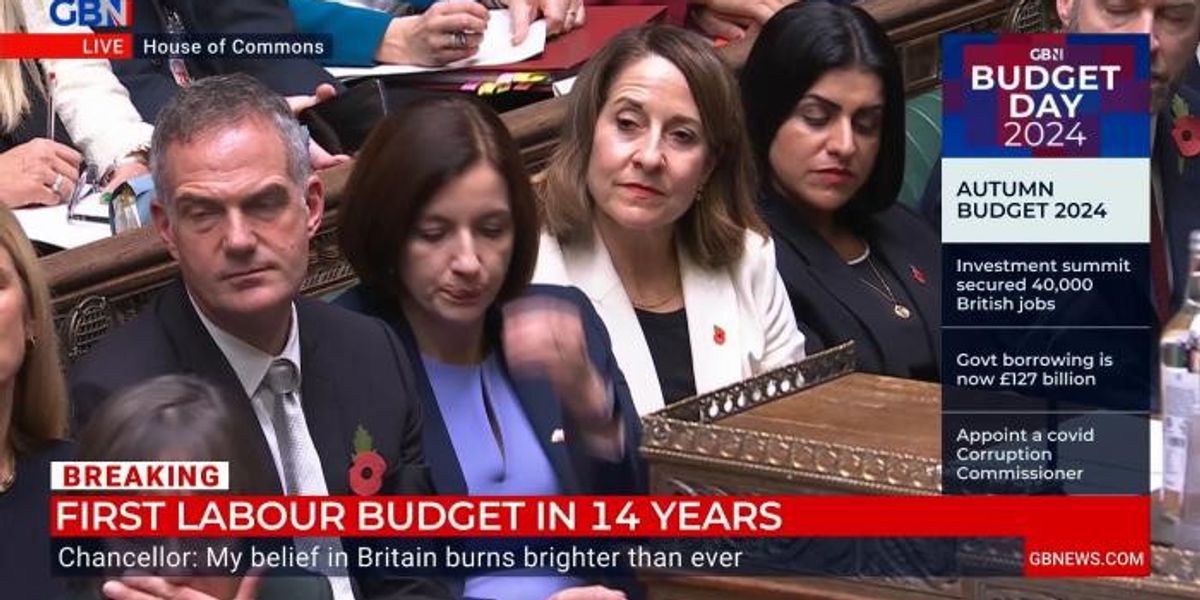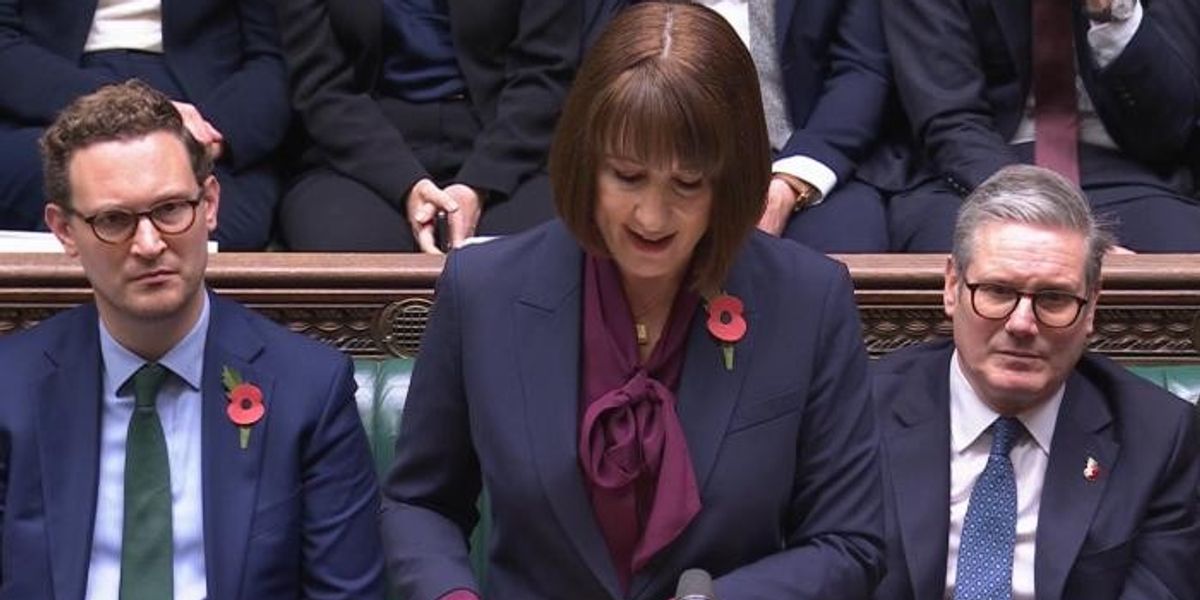The Erik ten Hag era at Manchester United is over. After Sunday’s 2-1 Premier League defeat to West Ham, United bosses wielded the axe, and the numbers suggest they were right to do so.
Two and a half years on from being appointed the permanent successor to Ole Gunnar Solskjaer as Manchester United manager, Erik ten Hag’s time at Old Trafford has come to an end.
In the wake of Sunday’s 2-1 defeat to a West Ham side who have been largely underwhelming this season, the United hierarchy made their move on Monday and announced Ruud van Nistelrooy is taking over on an interim basis until a full-time replacement is found.
While Ten Hag’s dismissal might have come as a shock to some in the way any major breaking news story may be startling, in truth, the writing has been on the wall for a long time.
The Dutchman won a trophy in each of his two full seasons in charge, though it’s difficult to argue that the club is in a better position than when he took charge, especially given Sunday’s loss left them 14th in the Premier League table.
Ten Hag’s sacking had been coming, and this is why…
He Lost Too Many Games
Even we can admit that every once in a while, it is possible to overcomplicate things with data. Sometimes the simplest stats tell the strongest story, and in Ten Hag’s case, the sheer number of games United lost is probably the most damning of all.
He took charge of 85 Premier League games and lost 27 of them. That is the highest total of losses by any United manager since Alex Ferguson, and his loss rate of 31.8% is the second worst of all United managers in the Premier League era after David Moyes (32.4%), who was only in position for 34 matches.

There have been all sorts of defeats in there against all sorts of opponents. Sunday’s at West Ham was the final straw, but it was about as unlucky as they come in that United lost the game as the direct result of a hugely controversial VAR call to award their opponents a stoppage-time penalty.
However, they also lost because they just could not stick the ball in the back of the hosts’ net (more on that below).
But if that loss was at the more excusable end of the scale, there have been far, far too many totally, utterly inexcusable ones.
In among those 27 Premier League defeats, United lost 3-0 at home to Bournemouth last December, 4-0 at Crystal Palace this May, 7-0 at Liverpool in March 2023 and 3-0 at home to both Liverpool and Tottenham already this season.
There were more dramatic and less one-sided defeats, too, but they were often harder to take. In April, they lost 4-3 at Chelsea despite having led with 99:17 on the clock. It was the latest a side has ever led in a Premier League match they’ve gone on to lose.
In hindsight, the abysmal 4-0 loss at Brentford in Ten Hag’s second game in charge of the club set a worrying tone for his reign.
A Dreadful Start to 2024-25
After nine games of 2024-25, United have just 11 points to their name. Only once before in Premier League history have they made a worse start to a season – that was in 2019-20, when they took only 10 points from the first nine games.
That season, however, results hadn’t quite reflected performances, and there were rather more positives to hold on to. They had only just brought Solskjaer in midway through the previous campaign, and their start included a confidence-boosting draw that ended an 18-game winning run for Liverpool.
This time around, their opening-day win over Fulham was scarcely deserved, while the other two victories came against Brentford and newly promoted Southampton. There were also bore draws at Crystal Palace and Aston Villa that will have done little to inspire the fans. With just eight goals scored, this is their worst start to a Premier League season in front of goal.
In 2019-20, United bravely stuck with Solskjaer and were rewarded for doing so. They went on to finish third in the Premier League, and improved on that with a second-placed finish a year later.
But there has been an end-of-days feel about Ten Hag’s United for a while now, and it’s difficult to see how sticking with the current manager would have been anything other than wildly misguided.
Eighth Best Premier League Team in 2024
There was a degree of optimism swirling around the fanbase in pre-season, with many supporters content with the transfer business and the club seeming to have a competent hierarchy in place above the manager for the first time in years.
Ten Hag just about managed to hold on to his job in the summer, but it feels like nothing has really changed; they still aren’t ruthless enough in attack, there’s little-to-no discernible identity to the team, and results continue to disappoint.
United can be accused of a lot, but this certainly doesn’t feel like a knee-jerk reaction.
The case in point would be to look at the Premier League table over the whole of 2024 to date; United are eighth with 40 points from 27 games in the Premier League in that time, having accumulated only five more points than the likes of Fulham and Bournemouth (admittedly the latter have played a game more).

Over the same period, United have scored just one more goal (43) than they’ve conceded (42) – even Chelsea, who’ve been routinely referred to as “chaotic”, have managed to net 19 more (62) than they’ve let in (43) in 2024.
Until recently, many fans will have been asking, what other supposedly massive club would put up with such mediocrity for so long?
Profligate in Attack, Porous at the Back
There’s a classic post on X – which still hasn’t been deleted! – from the official Manchester United account that’s come to sum up the club in some respects since the departure of Alex Ferguson in 2013.
David Moyes says #mufc must improve in a number of areas, including passing, creating chances and defending.
— Manchester United (@ManUtd) December 9, 2013It’s ridiculed for the obvious fact Moyes pretty much said United needed to get better at absolutely everything rather than just “a number of areas”, but so bad have they been – when compared to the glory years of Ferguson’s reign – that it seems to become relevant again every few months.
And it’s difficult to think of a better summary of Ten Hag’s time in charge, especially in terms of “creating chances and defending”.
We have to initially focus on more recent times, and like before, it makes sense to look at 2024 as a whole. So, going back to 1 January, United have created chances worth 42.4 expected goals (xG), which is only enough to rank eighth in the Premier League.
Over the same period, they’ve conceded chances worth 52.5 xG, which is the second worst (excluding promoted/relegated teams) after West Ham (54.1).
That gives them a -10.1 difference between xG and xG against, which is the third-worst record among Premier League clubs in 2024. So, not only have they been pretty unspectacular at creating high-value chances, they’ve also been among the worst at limiting opponents crafting good chances.
Of course, xG isn’t the be all and end all. As we know it doesn’t take lots of nuanced factors into account. However, there are some alarming trends that hardly go against the xG data when we look into the number a little more.
For instance, since Ferguson’s departure, Ten Hag’s 1.45 Premier League goals scored per game is only an improvement on the 1.38 by Ralf Rangnick’s United team. Similarly, only Rangnick’s side (1.38) conceded more goals on average per game than Ten Hag’s (1.31) in the Premier League over the same period.
Under Ten Hag, United’s shot conversion rate was just 9.7% in the Premier League, making him the club’s only manager post-Ferguson not to break the 10% barrier.
But, arguably most damning of all, Ten Hag’s United have conceded 1.59 xG per game in the Premier League; the next poorest record of any of their other managers since Ferguson retired was Rangnick with 1.29. That equates to a 23.3% increase on Rangnick alone and a 51.4% increase on José Mourinho’s team (1.05).
We could go on and highlight comparably grim numbers for this season, but you probably get the point by now.
Okay, we’ll leave it with this table…

From ‘Fergie Time’ To…
One of the main characteristics associated with Manchester United during the glory years of Ferguson’s reign was their almost supernatural ability to score late goals. It was a decisive element of the most famous win in the club’s entire history, with United scoring twice at the death to turn a 1-0 defeat to a 2-1 win in the 1999 Champions League final against Bayern Munich, securing the treble.
United’s relentlessness at the end of matches became their trademark, and the image of Ferguson stood tapping his watch furiously towards officials in the latter stages of matches left an indelible print on the minds of football fans – United supporters or otherwise – across the country.
There have been moments of late drama post-Ferguson that kept the mystique somewhat alive. But, while we aren’t going to go as far as saying it’s completely died over the past two and a half years, it’s fair to say United’s aura isn’t the same.
That’s because seven of Ten Hag’s 27 Premier League defeats at United have come via winners scored in the 90th minute or later – that’s 25.9%.
Among managers to suffer at least 20 defeats in the Premier League, no one in the competition’s history has lost a greater proportion of matches due to winners scored in or later than the 90th minute.

Someone playing devil’s advocate might suggest it was almost random; others will highlight the simple fact more late goals are scored now than ever before because of how matches are officiated.
And while that is correct, there’s still a case to be answered about United’s feeble mentality, which is difficult to ignore as one of the chief concerns during Ten Hag’s ill-fated reign.
But was he the problem? Time will reveal all.
Enjoy this? Subscribe to our football newsletter to receive exclusive weekly content. You should also follow our social accounts over on X, Instagram, TikTok and Facebook.









